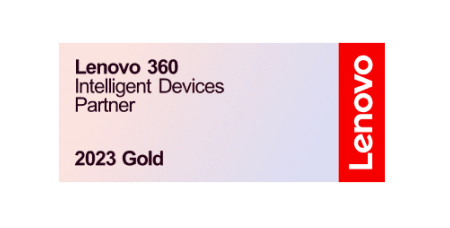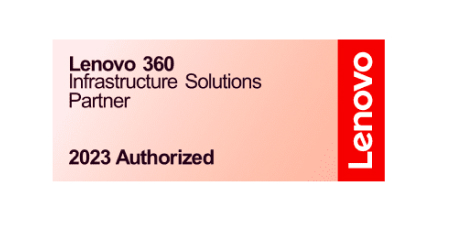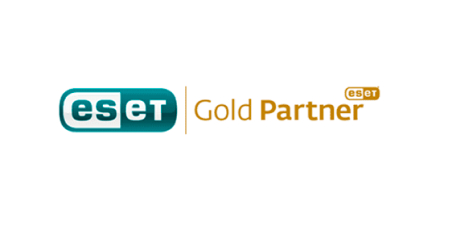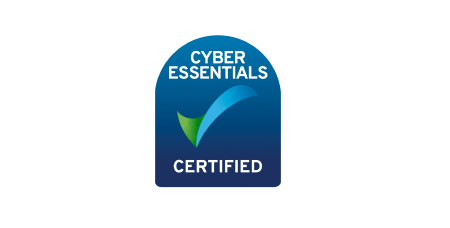Making IT Amazing
Why do we have the paradox that instead of improving agility and cohesion, ‘enabling’ more flexible working patterns, the opposite can be the case with IT investment?
Instead of better information flow, for example, access to relevant data is more complex, while any expected reduction in the operational costs of the business fail to materialise.
The implications are increased vulnerability, as well as an impact on effectiveness, an increased difficulty in remaining competitive and being on the same wavelength as their customers. For a report being researched and written by DECISION magazine for HB Tech, companies consider what they need to address if IT is to deliver key objectives.
This is one of the papers to be published in the report.

Dan Butt
Managing Director
Now Chartered Surveyors
“PROVIDING a service isn’t enough. It has to be about being as personable as possible. That means taking time to listen to what the client wants and keeping in touch with them. With IT the drivers are usually to do with process, such as automating the preparation of reports, and it can be all too easy to forget the reason why technology should be implemented, which ultimately is for the benefit of the client.”
According to Dan Butt, founder / managing director of Now chartered surveyors, with offices in the south of England and London, “inevitably, the more you ask of technology, the less there is human interaction.” The intention, he says, should be to make it as easy and seamless a journey as possible for the client as well as those providing the service.
“What people are buying from us are still our professional qualifications, experience, and opinion, and much of what we do involves a surveyor going somewhere in person, so fundamentally what we provide hasn’t changed – it’s the way it’s delivered and consumed. For example, now we would only send a hard copy of a report out if requested; it isn’t included in our standard fees.
“Today, technology means a surveyor will now go on site with their tablet which has a checklist on it, which they will work through, in-putting data for each step including responding to prompts to take photographs. Accuracy is improved because the app won’t let them progress unless they complete each step in turn. It means quicker delivery because that data automatically pre-populates the survey report rather than the surveyor having to dictate their notes.
“We are rolling out a platform which enables a clients to book a survey online, outlining specific issues for us to look at. Then the system would plan a route for the surveyor’s route each day. Afterwards, it would automatically email the client an illustrated PDF version of our report as well as keeping them undated with real-time information during the process.”
But technology has had an impact on what services the client actually wants delivered. “Nowadays, perhaps no more than 30% of properties have a physical inspection for mortgage valuation purposes; most is done using online data,” observes Butt. “Lenders don’t want the physical service any more because the automated systems are at least as good for what they want. But the thing is, you can’t get a computer to spot a defect. In the same way, we use drones now for roof surveys, but personally I prefer going up in a cherry picker and looking for myself.”
And sometimes a hybrid approach works best. “We did a survey in south London for a buyer, but couldn’t get in to inspect the garage,” Butt recalls. “The day before they were due to exchange, the doors to the garage were finally unlocked, but I was on the other side of town. So the agent went back with their iPad, and I looked at the live video feed from the office and was able to identify a problem with a lintel and report back to the client.”
“My concern,” says Butt, “is that you have to be aware that IT doesn’t automatically enable your individuality and personality to shine through. You have to deploy technology in a way which will highlight, for example, your ‘can do’ approach. For us, that’s important because the owner of a multi-million pound property isn’t going to Google ‘who is the best surveyor’? If they come to us it will be from a referral, recommendation, or reading a testimonial.”
And Butt points out that like anything else, unless it is managed, IT won’t deliver the expected efficiencies. He cites email as an example. “It’s a distraction if you don’t manage it well enough,” he suggests. “You need to apply real discipline because stopping to look each time one arrives breaks your chain of thought. Sometimes I recall with affection the time when I would arrive at the office in the morning, be given a pile of post which I would work through, send out replies, and then get a phone call or wait a couple of days before receiving a response.”
Researched and published by
DECISION magazine
www.decisionmagazine.co.uk








